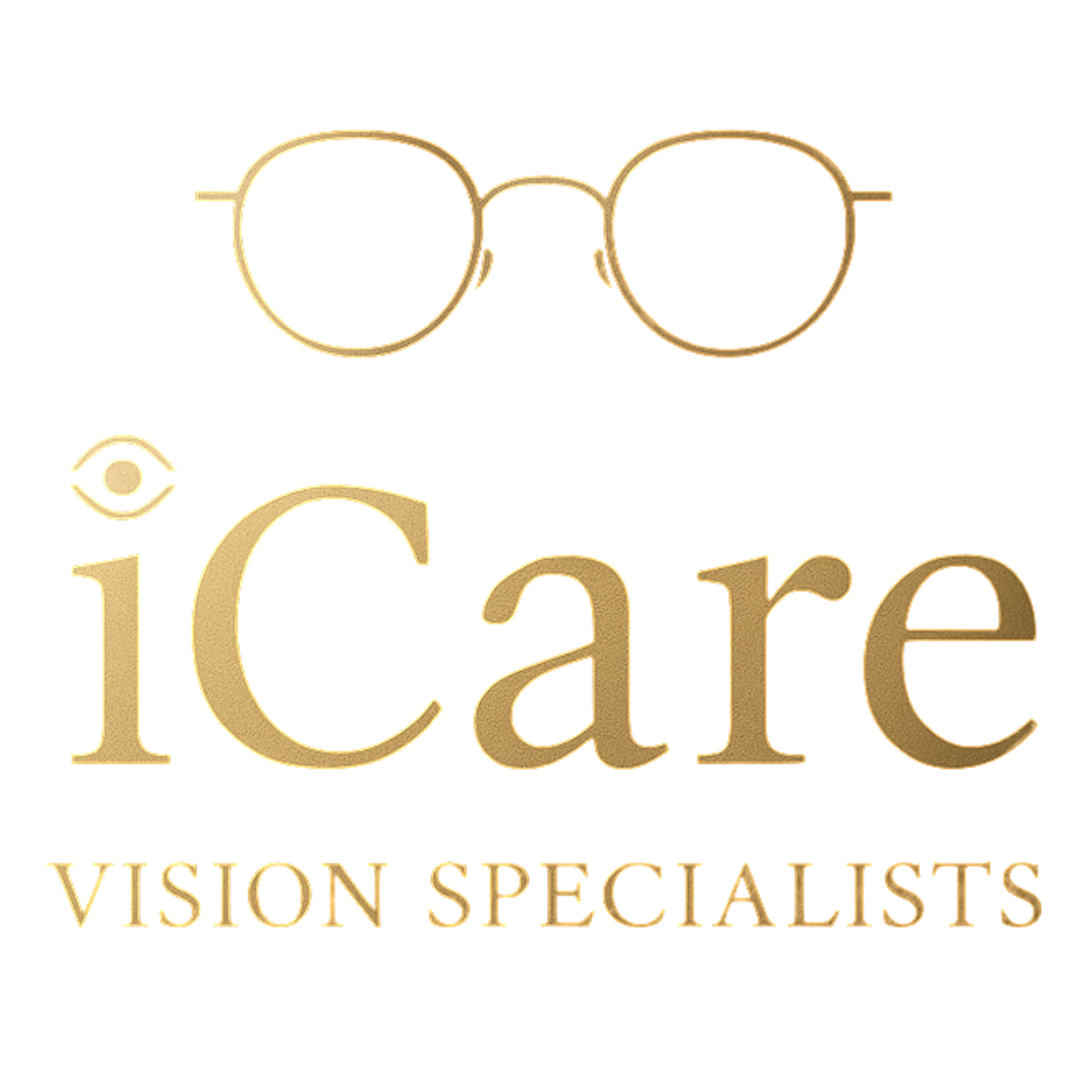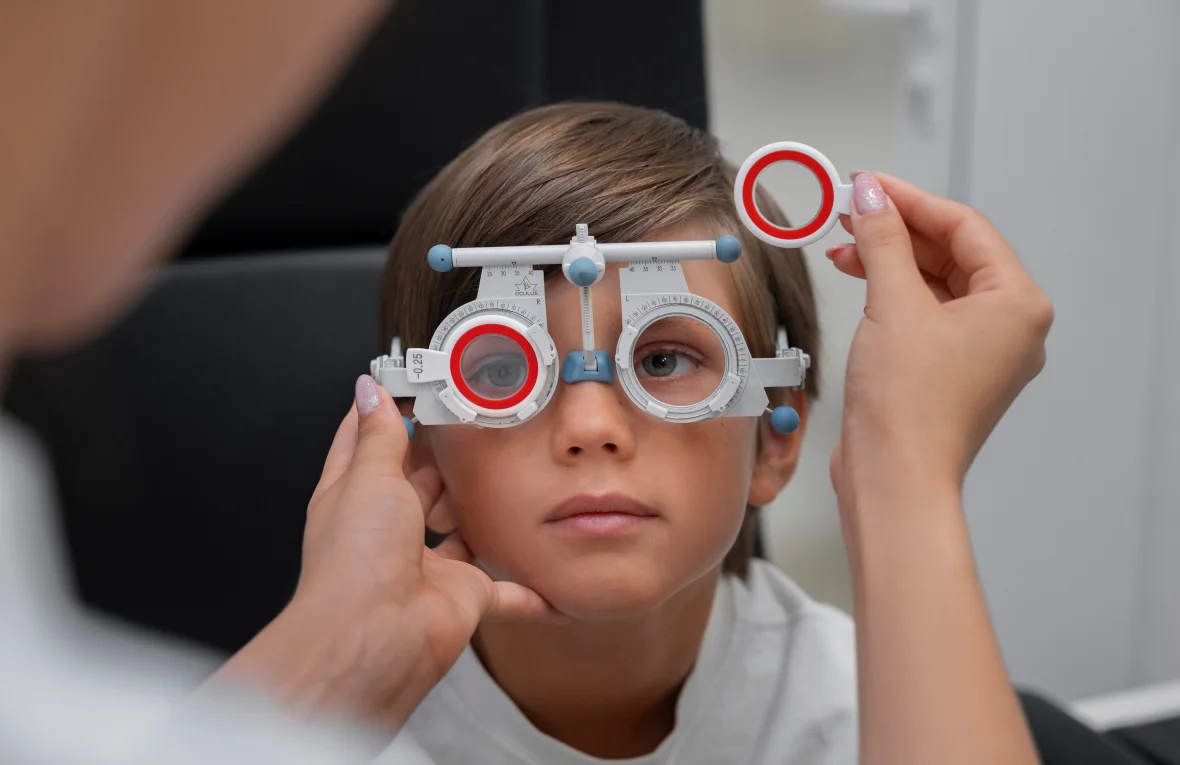About Children's Eye Care
A child’s vision develops rapidly up until the age of seven or eight, making early detection of eye problems especially important. Regular eye tests ensure that any issues are spotted early and managed before they affect a child’s learning, development, and confidence.
Around 80% of what a child learns is processed through vision. Undiagnosed problems can cause difficulties at school, affect reading and concentration, and may even be mistaken for learning difficulties such as dyslexia.
At iCare, we provide specialist children’s eye tests in a welcoming, child-friendly environment. Our optometrists use age-appropriate techniques to assess vision, detect common conditions such as squints or lazy eye, and provide tailored treatment plans where needed.
👀 Spotting the Signs of Vision Problems in Children
Parents should be aware of potential warning signs, including:
Frequent squinting or frowning
Excessive eye rubbing
Closing one eye when reading or watching TV
Headaches or tired eyes
Skipping words or lines when reading
Difficulty seeing text on a board in class
Sensitivity to light
Poor literacy or falling behind at school
If you notice any of these symptoms, it’s important to book an eye test as soon as possible.
Frequently Asked Questions
How often should my child have an eye test?
We recommend children have their eyes tested once a year, or sooner if you notice any vision problems.
Are children’s eye tests free?
Yes. NHS eye tests are free for all children under 16, and for those under 19 in full-time education.
What if my child needs glasses?
If your child requires glasses, they may also be entitled to an NHS optical voucher to help cover the cost of lenses and frames. We’ll help you choose comfortable, durable glasses your child will enjoy wearing.
Can eye problems in children be treated?
Yes. Many childhood conditions, such as squints or lazy eye (amblyopia), can be treated effectively if detected early, often with glasses, exercises, or other simple interventions.
What if my child is nervous about the test?
Our optometrists are experienced in working with children and use gentle, age-appropriate methods to make the test fun and reassuring.


